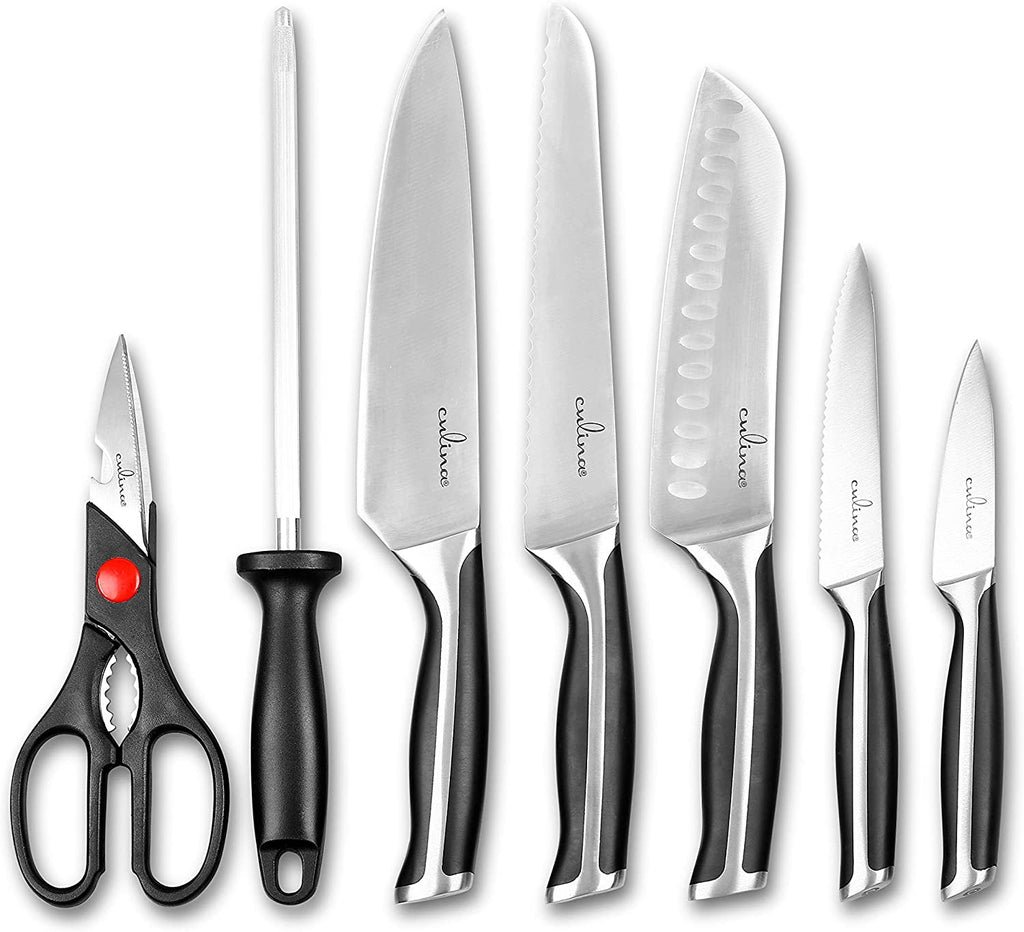How to Properly Store Your Rotisserie Chicken for Future Enjoyment
Written By James Morgan
As barbecue enthusiasts, we know there's nothing quite like the deliciousness of a freshly cooked rotisserie chicken. But sometimes, we can't finish the whole bird in one go. How to store a rotisserie chicken becomes a crucial question when you want to savor those flavors later without compromising on taste and safety. In this article, we'll delve into the best practices for storing your rotisserie chicken, ensuring that it remains as mouthwatering as when it first came off the spit.

Why Proper Storage Matters
Before we dive into the specifics, it's important to understand why proper storage is essential. Storing your rotisserie chicken correctly not only preserves its flavor but also prevents foodborne illnesses.
Maintaining Flavor and Moisture
The key to enjoying leftover rotisserie chicken is preserving its flavor and moisture. Improper storage can lead to dryness and blandness, ruining your culinary experience.
Preventing Foodborne Illnesses
Improper storage can also lead to the growth of harmful bacteria. Ensuring that you store your chicken correctly can prevent foodborne illnesses like salmonella and E. coli.

Immediate Steps After Cooking
Once your rotisserie chicken is cooked to perfection, immediate steps must be taken to store it properly.
Cooling Down
It's important to allow your chicken to cool down before storing it. Placing a hot chicken directly in the fridge can cause an increase in the refrigerator's temperature, impacting other foods.
Removing Meat from the Bone
For optimal storage, it's advisable to remove the meat from the bone and store it separately. This not only makes future meals easier but also helps in even cooling.

Storing in the Refrigerator
Once your chicken has cooled down, the next step is refrigeration.
Use Airtight Containers
Place the chicken in airtight containers to maintain freshness. Vacuum-sealed bags also work wonders in preserving the flavor.
Label and Date
Always label and date your containers. This helps you keep track of how long the chicken has been stored, ensuring you consume it while it's still good.
If you're wondering how long you can leave a rotisserie chicken out, it's best not to exceed two hours to avoid bacterial growth.

Freezing for Long-Term Storage
If you don't plan on eating your rotisserie chicken within a few days, freezing is an excellent option.
Preparing for Freezing
Just like refrigeration, removing the meat from the bone and using airtight containers or vacuum-sealed bags are ideal methods.
Proper Freezing Method
Ensure that your chicken is spread out in a thin layer if you're using bags. This aids in quicker freezing and thawing.
Refer to our guide on freezing rotisserie chicken for more detailed tips.
Thawing and Reheating Your Rotisserie Chicken
When it's time to enjoy your stored chicken, you'll need to thaw and reheat it properly to maintain its deliciousness.
Thawing Methods
- Refrigerator Method: Move the frozen chicken to the refrigerator and let it thaw overnight.
- Cold Water Method: Place the chicken in a sealed bag and submerge it in cold water, changing the water every 30 minutes.
Reheating Techniques
For the best taste, reheat your chicken in the oven or air fryer. Avoid the microwave, as it can make the chicken rubbery.
Learn how to heat up rotisserie chicken without drying it out for optimal results.
FAQs on Storing Rotisserie Chicken
How long can you leave a rotisserie chicken out?
It's safe to leave a rotisserie chicken out for up to two hours. If the temperature is above 90F, reduce this time to one hour.
Can you freeze a whole rotisserie chicken?
Yes, you can freeze a whole rotisserie chicken, but removing the meat from the bone and storing it separately is recommended for better results.
What's the best way to reheat rotisserie chicken?
The best way to reheat rotisserie chicken is in the oven at 350F for about 20 minutes until it reaches an internal temperature of 165F.
For a more detailed guide, visit how to break down rotisserie chicken which offers additional insights.
For an in-depth understanding of rotisserie cooking mechanisms, read this article on the science of rotisserie cooking.
As an Amazon Associate, I earn from qualifying purchases.



